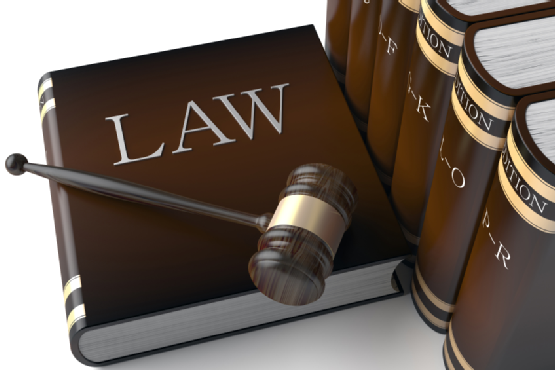They didn’t read me my rights! Shouldn’t my case be thrown out?
The above questions are ones California defense lawyers hear rather frequently during initial interviews with new clients. The short answer is: It depends.
As a result of a Supreme Court case entitled Ernesto Miranda v. Arizona, law enforcement officers are required to give the following warning and waiver prior to custodial interrogation. And judges have repeatedly ruled that the warning doesn’t have to use this exact language, it just has to be relatively close:
1. You have the right to remain silent.
2. Anything you say can and will be used against you in a court of law.
3. You have the right to talk to a lawyer and have him present with you while you are being questioned.
4. If you cannot afford to hire a lawyer, one will be appointed to represent you before any questioning if you wish.
5. You can decide at any time to exercise these rights and not answer any questions or make any statements.
Do you understand each of these rights I have explained to you? Having these rights in mind, do you wish to talk to us now?
So what is custodial interrogation and when do my rights have to be read? Custodial interrogation takes place when the police ask you questions and you are not free to leave. In short, when you have been arrested or detained, and do not have the option of walking away or driving off.
In many situations, policemen do not read a suspect his rights because he freely volunteers a full or partial confession. It is certainly not uncommon for a person dealing with law enforcement to spontaneously tell investigating officers that he got angry and struck his wife, the pills in the glove compartment are his, or that he knew the female to whom he was sending pictures was in the 9th Grade. Police love talkers, and will commonly allow people who are desperately trying to justify or explain things to keep yapping away and serving up evidence against themselves.
On other occasions, the police do not need to obtain verbal statements from you because the evidence of a crime is available elsewhere — Witnesses, video tape, text or phone messages, things you have posted on Facebook or Twitter, damaged property, blood, etc. etc.
However, some statements given by a defendant without a warning do get thrown out in court. Rights against self-incrimination are taken seriously, and judges look at the following factors to see if a person was actually “in custody” when he made statements without having been given a Miranda warning:
1. Was the defendant encountering the police voluntarily? Did he know or have reason to believe he was free to leave?
2. Did the defendant have unrestricted freedom of movement in the location where he was being questioned?
3. Did the suspect initiate the contact with law enforcement or voluntarily appear for questioning?
4. Did the police use “strong arm” (coercive) tactics or attempt to trick the suspect into giving up his Miranda rights?
5. Was the atmosphere present at the questioning police dominated?
6. After the suspect made the statements, was he placed under arrest?
If you believe you believe you are in a situation where you may have been improperly questioned, you should certainly contact a private attorney. The prosecutors and judges, regardless of how helpful or friendly they may have seemed at your first appearance in court, are not there to help you. An experienced private attorney is familiar with the “tricks” the local cops commonly like to pull, and more significantly, is there to assist your defense. The police certainly aren’t, and neither are the DA’s or judges, because that simply isn’t their job. Be smart. Call a professional whose reputation and ability to earn a living depends upon getting his clients out of trouble.
The Law Offices Of Vincent W Davis And Associates
https://www.vincetwdavis.com






